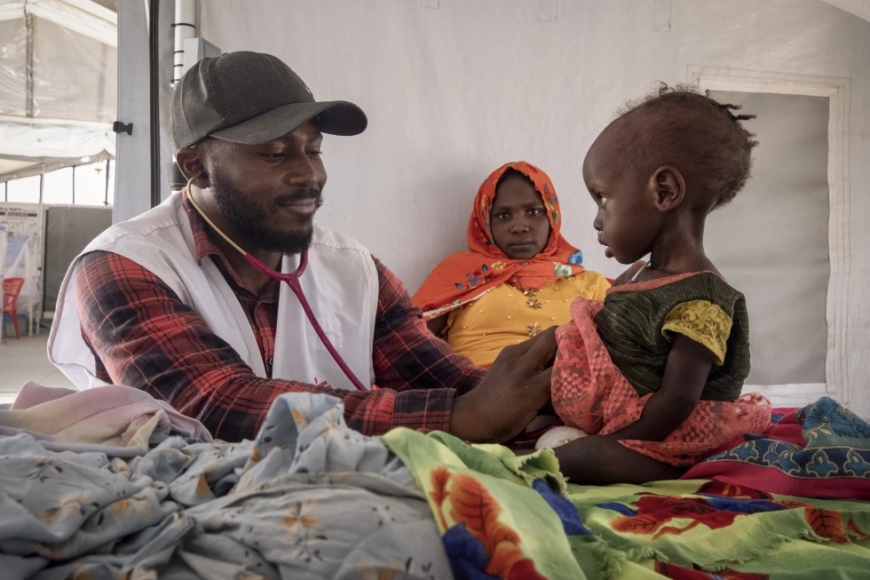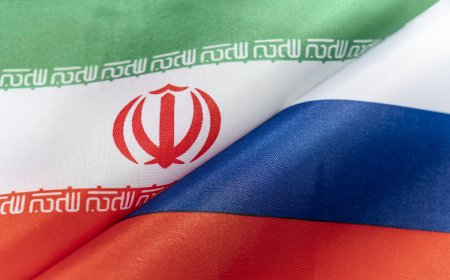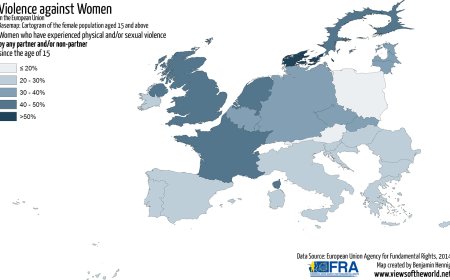Experts Warn of Imminent Famine Threat in War-Torn Sudan
International experts have issued a dire warning about the escalating humanitarian crisis in Sudan, where 755,000 people are at risk of famine in the coming months due to relentless conflict between rival generals.According to the Integrated Food Security Phase Classification (IPC) report, the fighting has precipitated a hunger catastrophe of a magnitude not seen since the early 2000s Darfur conflict. The IPC, an initiative established in 2004, includes over a dozen U.N. agencies, aid groups, governments, and other bodies.

International experts have issued a dire warning about the escalating humanitarian crisis in Sudan, where 755,000 people are at risk of famine in the coming months due to relentless conflict between rival generals.According to the Integrated Food Security Phase Classification (IPC) report, the fighting has precipitated a hunger catastrophe of a magnitude not seen since the early 2000s Darfur conflict. The IPC, an initiative established in 2004, includes over a dozen U.N. agencies, aid groups, governments, and other bodies.
The report highlights that 8.5 million people are facing severe food shortages after 14 months of conflict, with hunger now spreading to areas like the capital Khartoum and Jazira province, previously Sudan’s breadbasket.
“It is truly heartbreaking to see food scarcity and deprivation on the rise,” said John Makoni, National Director for World Vision. “We have a looming catastrophic situation that is quickly approaching.”
The Conflict’s Toll
Sudan descended into chaos in April 2023 when tensions between the military, led by Gen. Abdel-Fattah Burhan, and the paramilitary Rapid Support Forces (RSF), commanded by Gen. Mohamed Hamdan Dagalo, erupted into open conflict. This has resulted in the deaths of over 14,000 people and injuries to 33,000 more, according to the United Nations, though rights activists suggest the toll could be higher.
The conflict has also led to the world's largest displacement crisis, with over 11 million people forced from their homes. Both warring sides have been accused of using food and starvation as weapons of war.
Dire Projections
The IPC report indicates that people facing the highest level of starvation in the coming months are located in 10 provinces, including Khartoum, Darfur, Kordofan, Blue Nile, and Jazira. The number of people at risk of famine has surged from zero in June 2023 to 755,000.
“The conflict has not only triggered mass displacement and disruption of supply routes, market systems, and agricultural production, but it has also severely limited access to essential humanitarian assistance, exacerbating an already dire situation,” the report noted.
Another 8.5 million people are classified at the second worst level of starvation, or Phase 4, indicating a rapidly increasing risk of hunger-related deaths due to extreme food shortages, acute malnutrition, and high disease levels.
Overall, 25.6 million people, more than half of Sudan’s 47 million population, face "crisis or worse conditions" between June and September. The report warns of a risk of famine in 14 areas if the conflict escalates further.
Humanitarian Needs
Cindy McCain, head of the World Food Program, emphasized the urgent need for expanded humanitarian access and funding. “We urgently need a massive expansion of humanitarian access and funding so we can scale-up our relief operations, and halt Sudan’s slide into a humanitarian catastrophe,” she said.
The ongoing conflict has had devastating effects on Sudan’s future generations, with at least 17 million children out of school as over 90% of the country’s schools remain closed. About 4 million children under five suffer from acute malnutrition, with 730,000 at imminent risk of dying, according to UNICEF Executive Director Catherine Russell.
“The consequences of the violence, displacement, lack of food, and lack of security are just devastating for women and children in Sudan,” Russell said after a recent trip to Sudan. She noted that UNICEF needs $840 million to continue its operations, while the U.N.'s $4.1 billion humanitarian appeal for this year is only 16% funded.
Call for International Action
Tjada D’Oyen McKenna, CEO of Mercy Corps, called for urgent diplomatic efforts to ensure the rapid and safe delivery of humanitarian aid and protection of civilians. “Sudan has become one of the world’s largest and most ignored man-made tragedies,” McKenna said. “This crisis demands urgent diplomatic efforts to ensure the rapid and safe delivery of humanitarian aid and protection of civilians.”
QU Dongyu, Director-General of the U.N.'s Food and Agriculture Organization, expressed deep concern over the findings. “The IPC report reveals a deepening and rapid deterioration of the food security situation in Sudan with millions of people’s lives at risk,” he said.












































